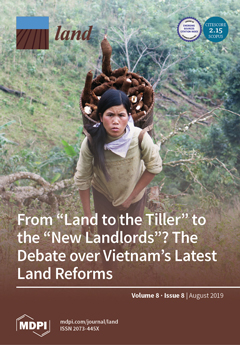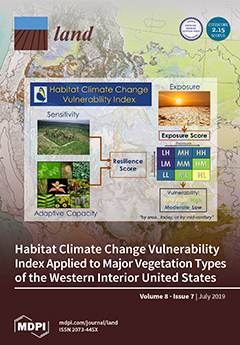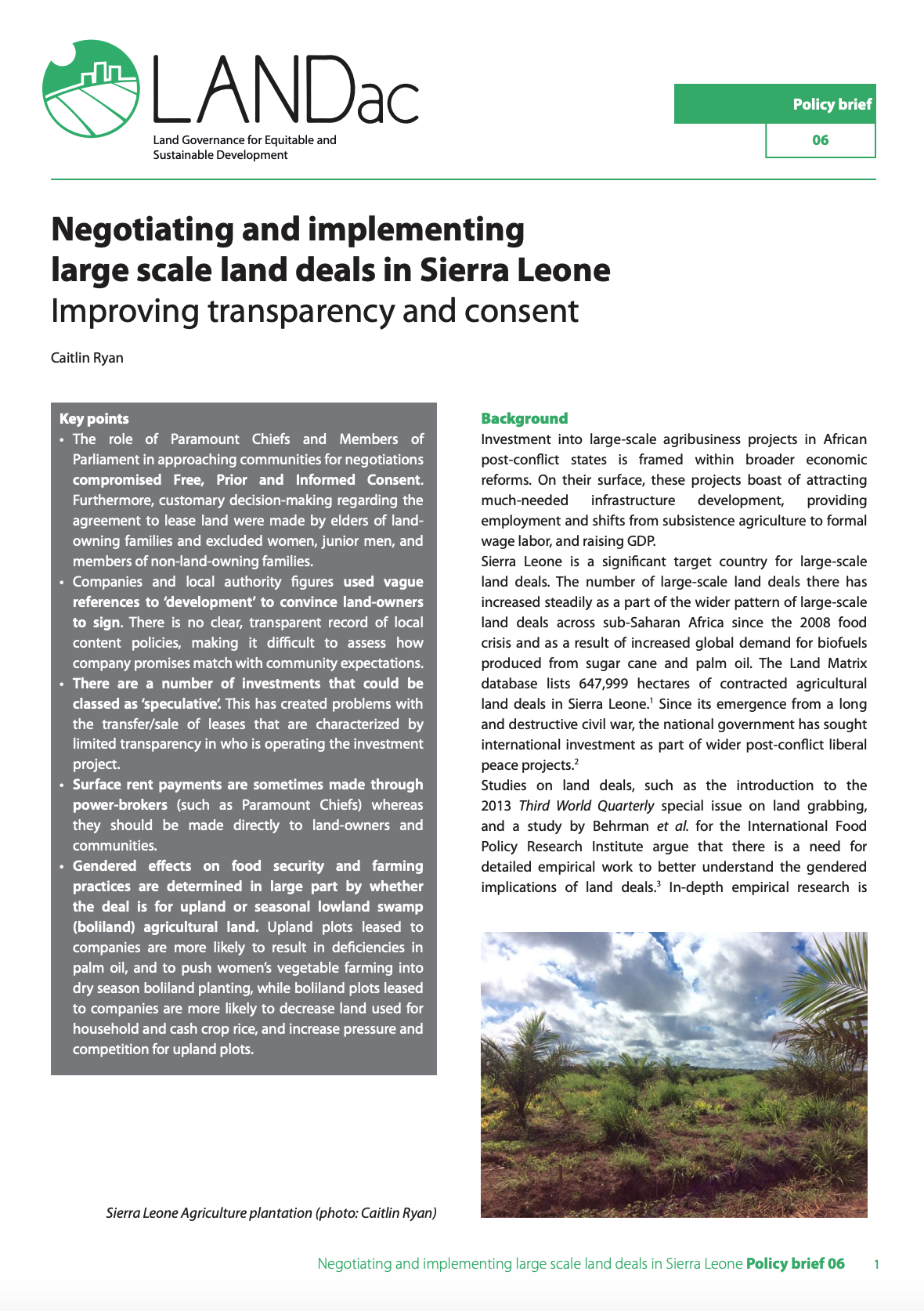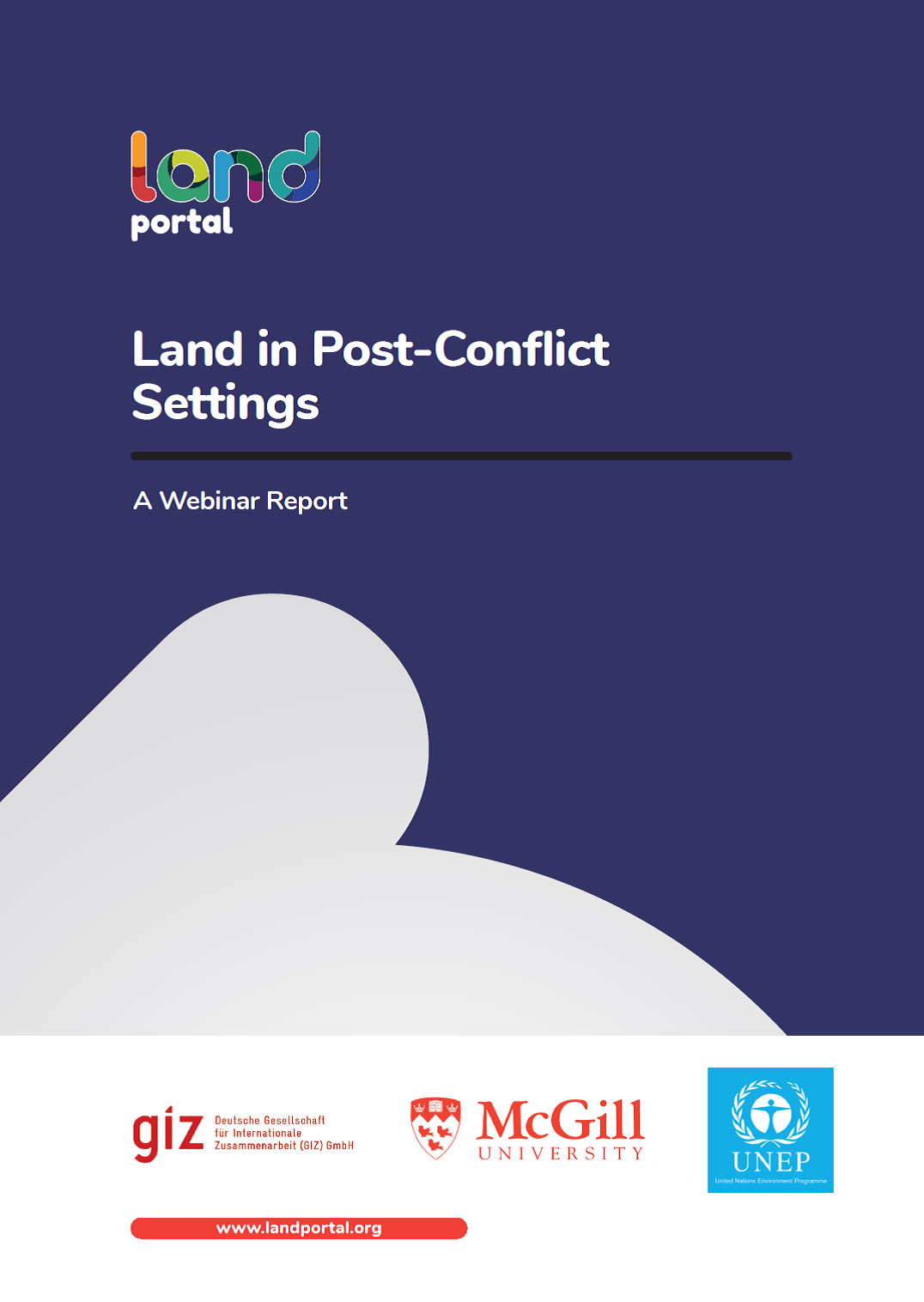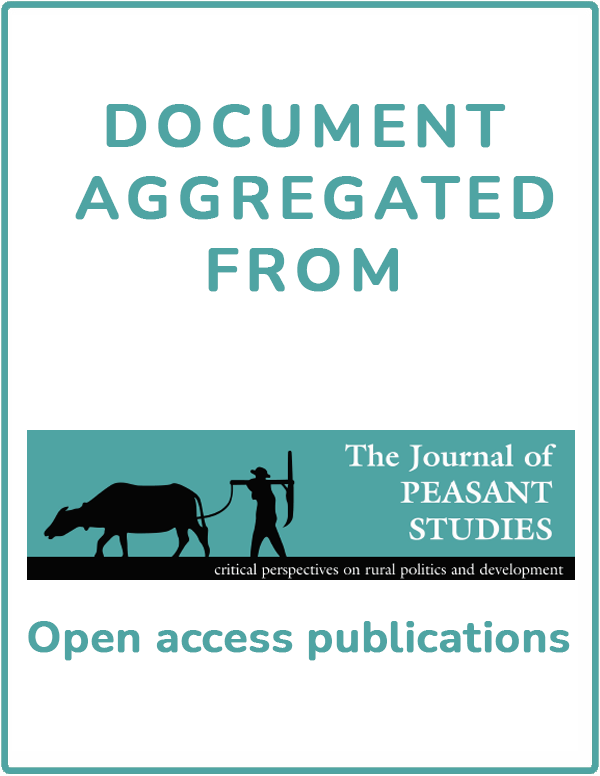Reflections on How State–Civil Society Collaborations Play out in the Context of Land Grabbing in Argentina
We examine collaborations between the state and civil society in the context of land grabbing in Argentina. Land grabbing provokes many governance challenges, which generate new social arrangements. The incentives for, limitations to, and contradictions inherent in these collaborations are examined. We particularly explore how the collaborations between the provincial government of Santiago del Estero and non-government organizations (NGOs) played out. This province has experienced many land grabs, especially for agriculture and livestock production.

